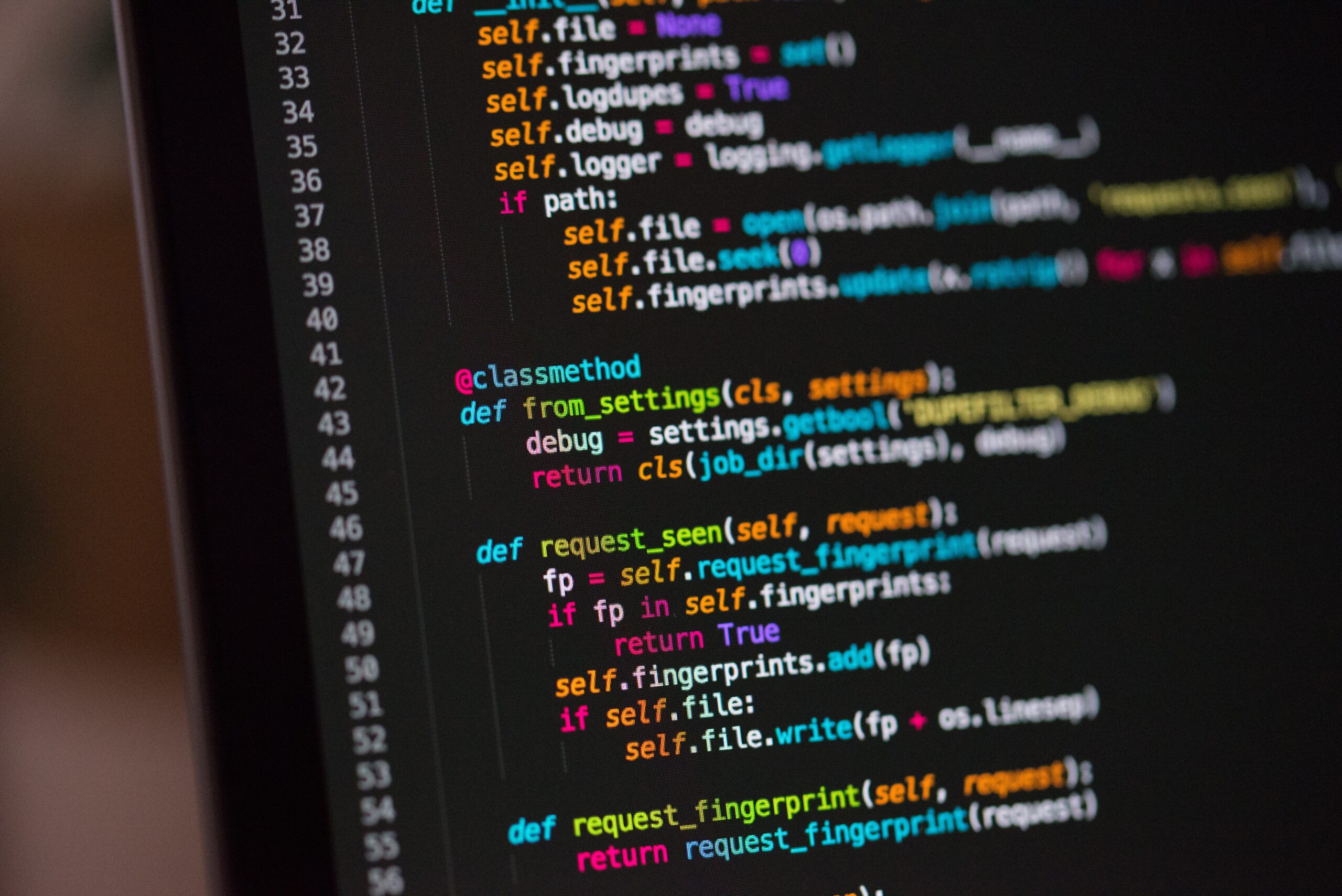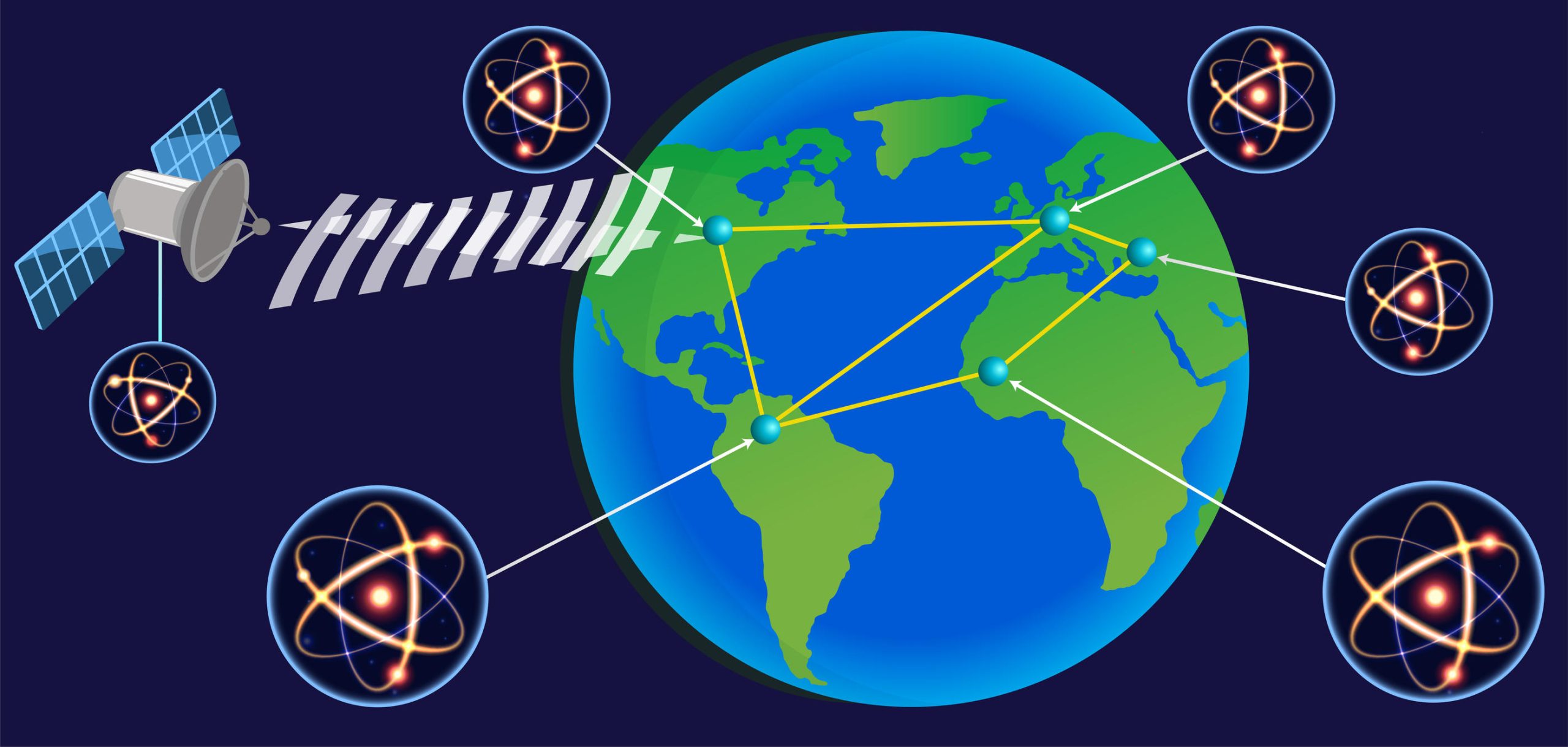justineanweiler.com – In today’s digital age, coding is everywhere—from the apps on your smartphone to the websites you visit and even the appliances in your home. But have you ever wondered how coding actually works? At its core, coding is the process of giving instructions to a computer so that it can perform specific tasks. Whether you’re new to programming or just curious about the basics, this guide will walk you through how coding works, why it’s important, and how different programming languages fit into the picture.
1. What is Coding?
Coding, also known as programming, is the act of writing instructions that tell a computer what to do. These instructions are written in a programming language—a formal language that computers can understand. Computers, being machines, only understand a binary language made of 0s and 1s, known as machine language. Coding makes it easier for humans to communicate with computers by using more readable languages that can then be translated into machine language.
For example, instead of writing a series of 0s and 1s, you can write:
In this example, the instruction tells the computer to display the message “Hello, World!” on the screen. This is much more understandable for us, while still being something the computer can process.
2. The Basic Steps of Coding
Coding may seem complex, but it follows a simple structure: input, process, and output. Here’s how it works:
- Input: The computer takes in data or information.
- Process: The program processes that information according to the written instructions.
- Output: The result is then displayed, saved, or acted upon.
For example, if you write code for a calculator app, the input would be numbers, the process would be the mathematical operations, and the output would be the result.
3. Programming Languages: The Tools of Coding
There are many different programming languages, each designed for different tasks or platforms. Here are a few popular ones:
- Python: A versatile and beginner-friendly language often used for web development, data analysis, and automation.
- JavaScript: Primarily used for web development, it allows developers to create interactive elements on websites.
- Java: A widely-used language, known for its portability across platforms, often used in mobile apps and enterprise software.
- C++: A powerful language used in game development, systems software, and applications requiring high performance.
- HTML/CSS: These are the building blocks of websites. HTML defines the structure, while CSS styles the visual presentation.
Each language has its own syntax (rules for writing code) and is better suited to certain tasks. For example, while Python is great for beginners due to its readability, C++ offers more control over system resources and is used in more complex, performance-critical applications like video games or operating systems.
4. How Code Gets Executed
When you write code, you’re essentially creating a set of instructions. However, before these instructions can be understood by the computer, they must be compiled or interpreted.
- Compiled Languages: In languages like C++ or Java, the code you write (called source code) must be compiled into machine language. This involves translating the entire program at once so it can run on a computer.
- Interpreted Languages: In languages like Python and JavaScript, the code is interpreted line by line as the program runs. This means that you can write and execute code in real-time without needing to compile it first.
Once the code has been compiled or interpreted, the computer can follow the instructions and perform the task you’ve written.
5. Logic and Algorithms: The Brains Behind Coding
Coding is more than just writing lines of code—it’s about solving problems. To do this, programmers use logic and algorithms. An algorithm is a set of instructions that outlines how to solve a problem step-by-step.
For example, think about an algorithm for making a sandwich:
- Get two slices of bread.
- Spread peanut butter on one slice.
- Spread jelly on the other slice.
- Put the two slices together.
This is a simple, human-readable example of an algorithm. In programming, algorithms might be used for sorting data, finding the shortest path on a map, or calculating a loan payment.
6. Debugging: Fixing Mistakes in Code
When coding, mistakes—called bugs—often occur. These can range from small typos to logical errors that cause a program to behave unexpectedly. Debugging is the process of identifying and fixing these errors. Modern programming tools, called IDEs (Integrated Development Environments), help programmers spot mistakes in real time and make the debugging process easier.
For example, if you accidentally wrote:
Instead of print("Hello, World!"), your IDE would underline the error and prompt you with a suggestion to correct it.
7. Why Coding Matters
Coding powers almost everything we interact with in the digital world. Whether it’s your smartphone app, a website, or the software running on your laptop, coding is behind it all. Here’s why it’s important:
- Automation: Coding allows us to automate tasks, from simple things like filtering emails to complex industrial processes.
- Innovation: It drives technological progress, enabling advancements in everything from artificial intelligence to space exploration.
- Problem-Solving: Coding teaches logical thinking and problem-solving, skills that are useful in nearly every aspect of life.
- Career Opportunities: As the world becomes more digital, the demand for programmers and developers continues to grow.
8. How to Get Started with Coding
If you’re interested in learning to code, there are plenty of resources available to help you get started. Here are some steps to take:
- Choose a Programming Language: Start with a language that’s beginner-friendly, like Python or JavaScript.
- Use Online Tutorials: Websites like Codecademy, freeCodeCamp, and Khan Academy offer interactive tutorials for beginners.
- Practice with Projects: The best way to learn is by doing. Start small—build a simple website, create a calculator, or write a basic game.
- Join a Coding Community: Sites like Stack Overflow and GitHub provide forums where you can ask questions, share projects, and collaborate with other coders.
Conclusion: The Magic of Coding
Coding is the language of the future, and it’s more accessible than ever. Whether you’re looking to build the next big app, automate tasks, or just satisfy your curiosity, coding empowers you to create solutions and unlock the potential of technology. It might seem daunting at first, but with time, patience, and practice, anyone can learn the logic and structure behind coding.





